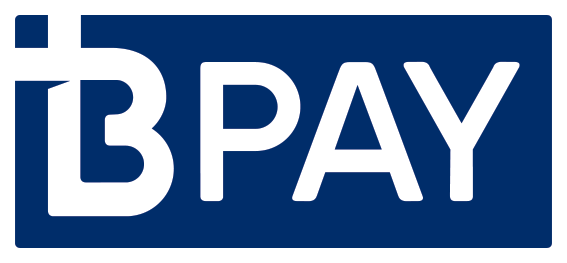The effective running of the property will generally depend on budgeting, financial management, and timely payment of levies and fees.
The committee is responsible for preparing records and statements, auditing accounts, keeping account records such as receipts and transactions, issuing and collecting levies, budgeting for future expenditures and investing funds.
It is also important for each lot owner to understand the property’s budget, expenses and contributions.
Available for the eligible branches listed below, CommunityHub is designed to help owners and committee members with 24/7 access to strata property information to help manage key financial duties and tasks all through one easy-to-use channel. If you are a customer from the eligible branches below and are not yet registered for CommunityHub, simply fill out the form to request a portal login here.
Through our online owners portal, owners and committee members can enjoy 24/7 access to strata property information to help manage key financial duties and tasks all through one easy-to-use channel.
If your property uses the CommunityHub portal, you can keep up to date with your property’s finances, make your strata payments online, and view levy notices through one easy-to-use channel. Simply sign in to your account through your branch’s online customer portal or register for an account here. For any customer whose property is not using the CommunityHub, you can make levy payments via DEFT here.
Our team provides customers with various updates throughout the year. This includes meeting notices, voting options, and levy and fee information. We will always use the most recent contact information to distribute this communication. If you’ve recently changed your email, phone number, or mailing address, or if you suspect that your details might be out of date, please let us know as soon as possible.
You can send us a request to update your contact information anytime, from anywhere with CommunityHub.
If your property does not use CommunityHub, please contact your branch or strata manager to advise them of your updated details.

If you decide to pay expenses or levies this way, you can set up one-off or recurring payments from your bank account, debit, or credit card.
American Express, Diners Club, Mastercard and Visa cards are accepted. Transaction fees may apply.
You can pay in-store at Australia Post branches using eftpos or cheque. Just present the barcode located on the invoice or levy notice. You should check with Australia Post if your local branch offers this service.
Every year, your committee will create a budget based on their knowledge of the expected expenses that your property will incur for the following 12 months. This budget is then approved via vote during your AGM.
Every owner is empowered to have a voice regarding how property funds are allocated. However, you can only execute your voice if you take the time to read and understand what you are voting for during the meeting.
Once the levies and fees have been set for the year, you can usually find a breakdown of how your property’s funds have been allocated and spent through your last AGM minutes document.
You can access information about your property’s finances anytime and anywhere through your branch’s online customer portal. Otherwise, the committee secretary or strata manager can also obtain a copy of your property’s finances. The information can provide your community with transparency around the following:

Real-time financial information, including your accounts and budgets.

Levy balances and payments.

Documents such as contracts and meeting minutes.

Contact details for your manager and committee.
Check out our user guides to learn everything you need to know about taking an active role in managing your property and enhancing community living.
While the success of community living relies upon each owner making their contribution, sometimes we fall on financially hard times, and regular payments aren’t possible. When this happens, your strata, body corporate, or owners corporation manager can help you apply and submit a payment plan to your committee.
Your committee will assess the reasons you provided when applying for a payment plan, calculate whether the property can afford to have you on a plan and decide to accept or deny.